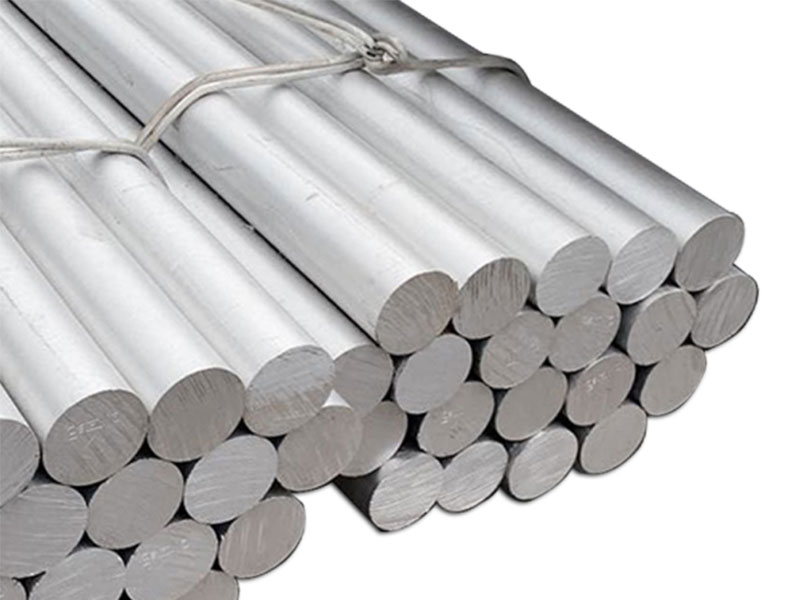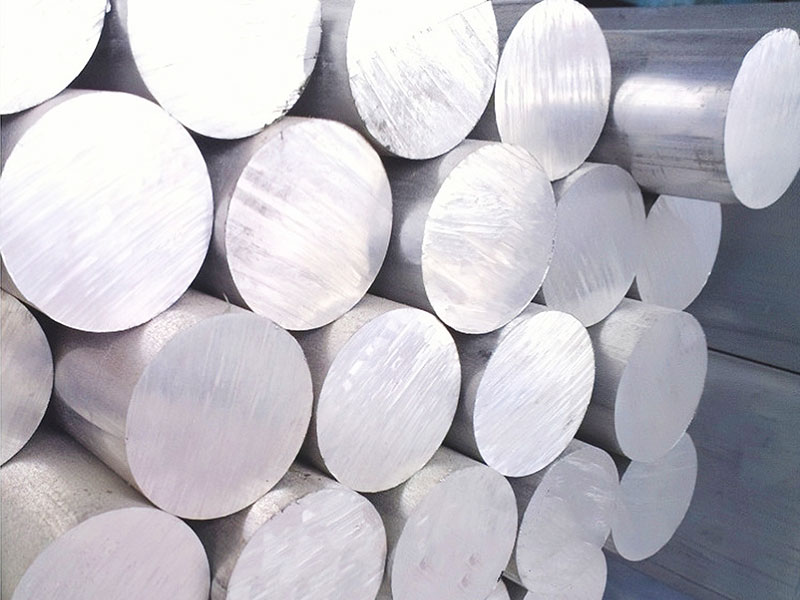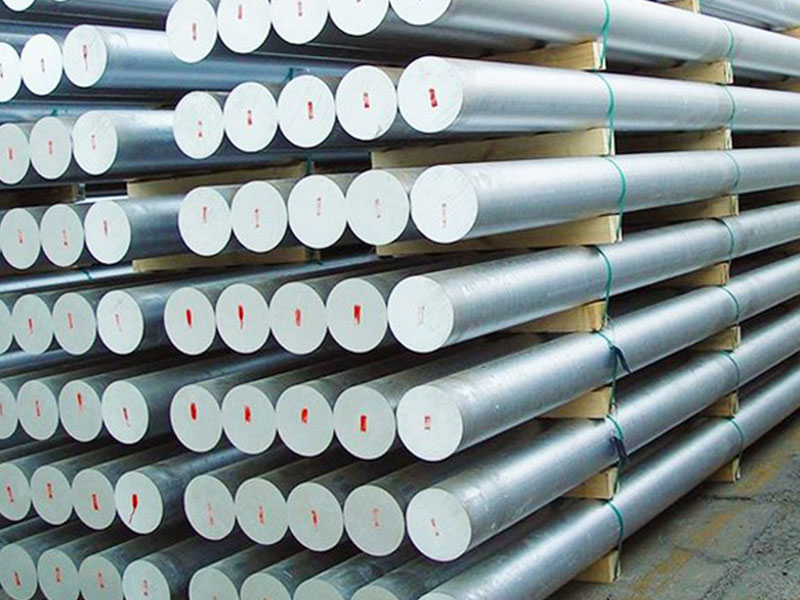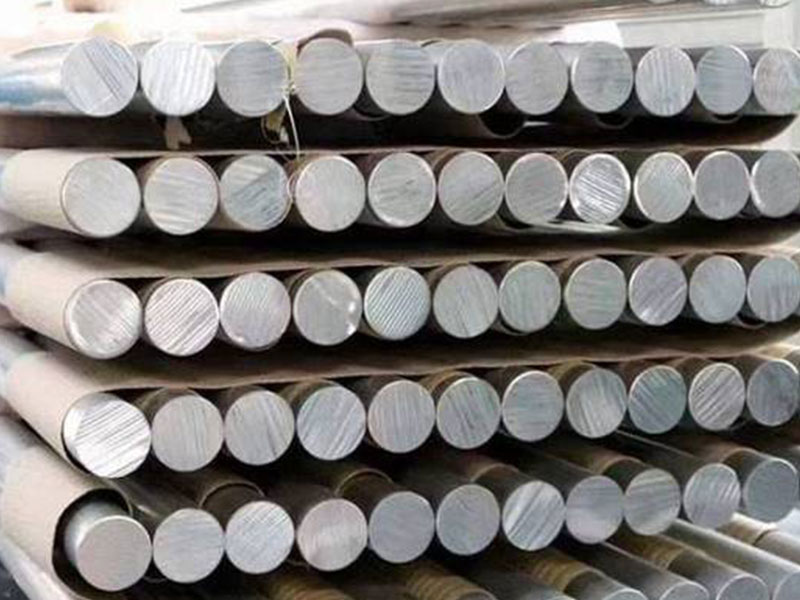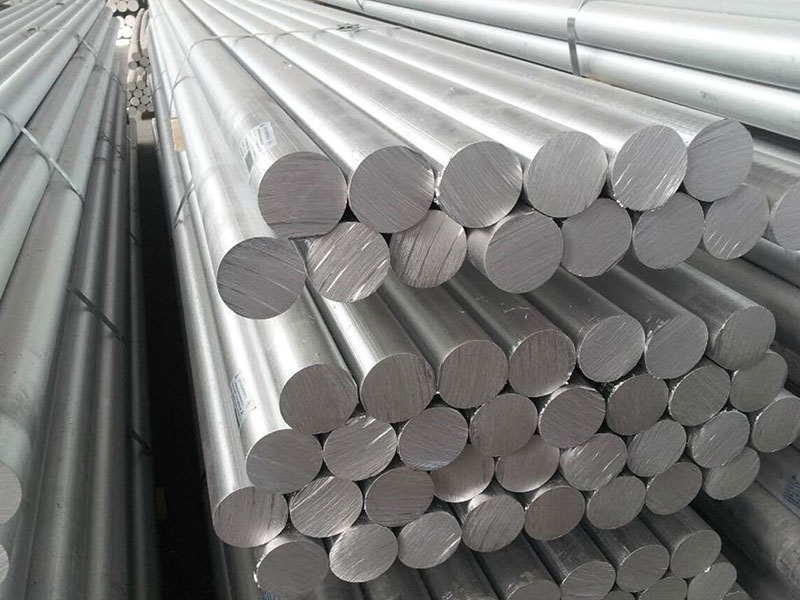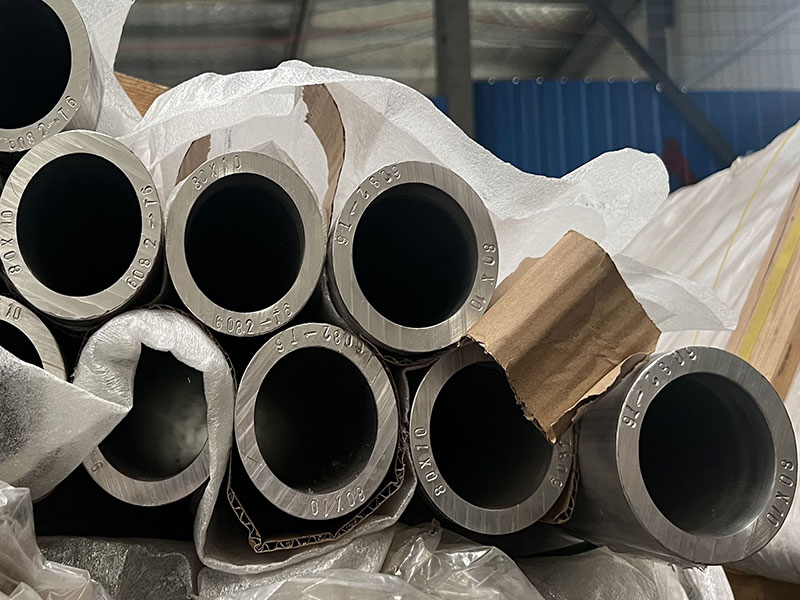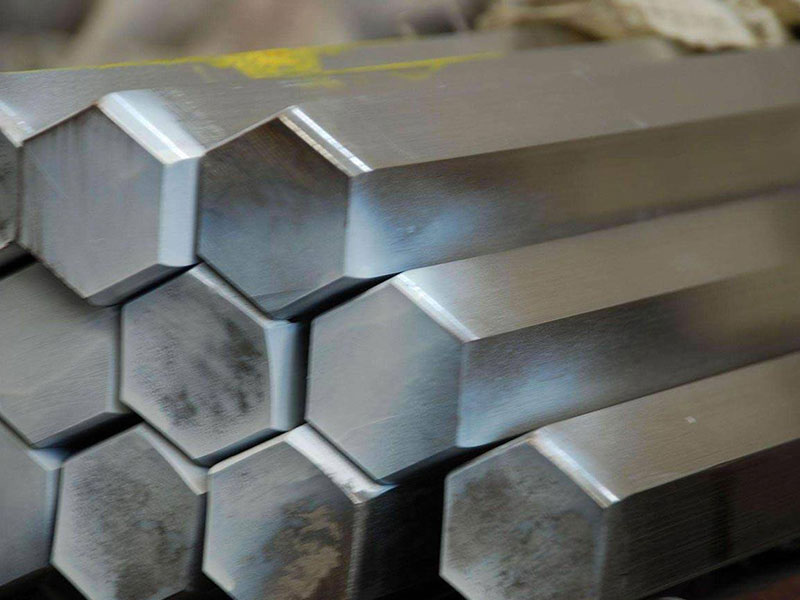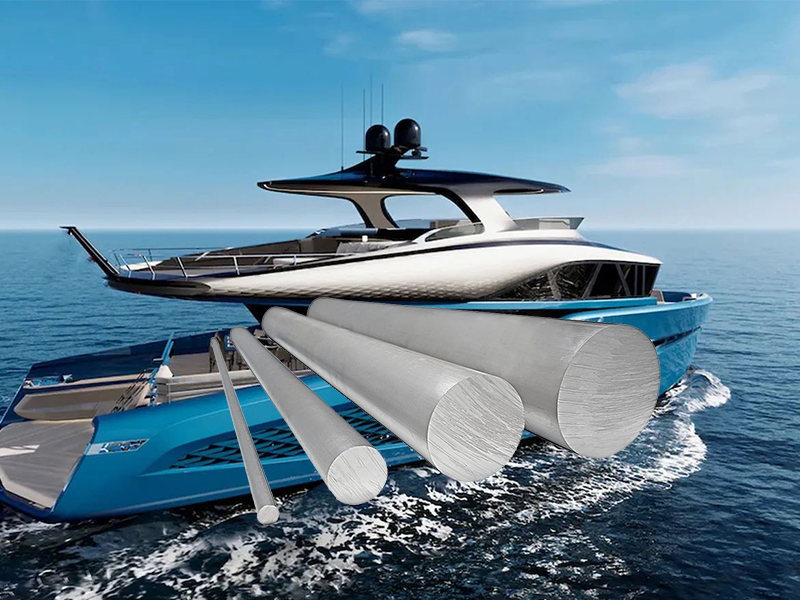Marine Grade Aluminum Solid Bars are high-quality aluminum alloy bars specifically engineered to withstand the rigorous conditions of marine and offshore environments. Known for their superior corrosion resistance, excellent strength-to-weight ratio, and versatile machinability, these solid bars serve as essential structural and functional components in shipbuilding, offshore platforms, coastal infrastructure, and marine equipment fabrication.
Marine Grade Aluminum Solid Bars are produced from premium aluminum alloys optimized for saltwater exposure, such as 5083, 5052, 6061, and 6082. These alloys offer unparalleled resistance to corrosion caused by seawater, salt spray, and marine atmospheres, while maintaining excellent mechanical strength and toughness. Their solid bar form factor allows for extensive machining, cutting, and forming to meet the diverse structural and functional demands in marine applications.
Manufactured through precise extrusion, forging, or rolling processes, aluminum solid bars are delivered with tight dimensional tolerances and superior surface quality. They are available in various diameters and lengths to suit custom marine project needs.
Common Marine-Grade Aluminum Alloys for Solid Bars
| Alloy | Key Characteristics | Typical Marine Applications |
|---|---|---|
| 5083 | High magnesium content (4.0-4.9%), excellent corrosion resistance, high strength | Structural bars, ship hull reinforcements |
| 5052 | Moderate strength, excellent formability and corrosion resistance | Fabrication components, brackets, marine fittings |
| 6061 | Heat-treatable, good strength, corrosion resistance, and weldability | Load-bearing parts, machined marine equipment |
| 6082 | High strength 6xxx series, good corrosion and machinability | Shafts, pins, structural elements |
Chemical Composition (Representative)
| Element | 5083 (%) | 5052 (%) | 6061 (%) | 6082 (%) |
|---|---|---|---|---|
| Magnesium (Mg) | 4.0 – 4.9 | 2.2 – 2.8 | 0.8 – 1.2 | 0.6 – 1.2 |
| Silicon (Si) | ≤ 0.4 | ≤ 0.25 | 0.4 – 0.8 | 0.7 – 1.3 |
| Chromium (Cr) | 0.05 – 0.25 | 0.15 – 0.35 | 0.04 – 0.35 | 0.25 – 0.45 |
| Copper (Cu) | ≤ 0.1 | ≤ 0.1 | 0.15 – 0.4 | ≤ 0.1 |
| Iron (Fe) | ≤ 0.4 | ≤ 0.4 | ≤ 0.7 | ≤ 0.5 |
| Manganese (Mn) | 0.4 – 1.0 | ≤ 0.1 | ≤ 0.15 | 0.4 – 1.0 |
| Zinc (Zn) | ≤ 0.25 | ≤ 0.1 | ≤ 0.25 | ≤ 0.2 |
| Titanium (Ti) | ≤ 0.15 | ≤ 0.03 | ≤ 0.15 | ≤ 0.1 |
| Aluminum (Al) | Balance | Balance | Balance | Balance |
Mechanical Properties (Typical Values in T6 or H321 Tempers)
| Property | 5083-H321 | 5052-H32 | 6061-T6 | 6082-T6 |
|---|---|---|---|---|
| Tensile Strength (MPa) | 300 – 350 | 228 – 271 | 310 – 350 | 280 – 340 |
| Yield Strength (MPa) | 145 – 215 | 103 – 138 | 270 – 300 | 240 – 300 |
| Elongation (%) | 10 – 18 | 10 – 15 | 8 – 12 | 8 – 12 |
| Hardness (Brinell) | 75 – 95 | 60 – 75 | 95 – 115 | 95 – 135 |
| Density (g/cm³) | 2.66 | 2.68 | 2.70 | 2.70 |
Manufacturing Process
Marine Aluminum Solid Bars are produced using several advanced techniques to ensure optimum quality:
Extrusion: Heated aluminum billets are pushed through shaped dies to create solid bars with precise diameters.
Rolling and Forging: For bars requiring higher mechanical strength or specific grain structures.
Heat Treatment: Alloy and temper-specific treatments (e.g., solution heat treatment, artificial aging) are applied to optimize strength and corrosion resistance.
Cutting and Finishing: Bars are supplied in standard or custom lengths with mill finishes; anodizing or coatings are optional for enhanced surface protection.
Typical Marine Applications
Shafts, axles, and pins in marine propulsion and steering systems
Structural reinforcements in ship hulls and offshore platforms
Brackets, fasteners, and fittings exposed to saltwater and marine atmospheres
Hydraulic and pneumatic cylinder rods for marine machinery
Marine equipment frames, rails, and mounting bars
Custom fabricated marine parts requiring corrosion resistance and strength
Advantages of Marine Aluminum Solid Bars
Outstanding Corrosion Resistance: Resists pitting, crevice, and stress corrosion typical in sealine and salt spray environments.
High Strength-to-Weight Ratio: Reduces overall vessel weight while maintaining critical load-bearing performance.
Excellent Fabricability: Suitably machined, drilled, welded, and formed using standard marine fabrication techniques.
Long Service Life: Naturally durable against marine degradation, minimizing maintenance frequency and cost.
Environmentally Friendly: Aluminum’s recyclability supports sustainable marine engineering.
Maintenance and Care
Regular Cleaning: Use freshwater rinsing to remove corrosive salt deposits and debris.
Avoid Abrasive Materials: Utilize gentle cleaning agents and soft brushes to protect surfaces.
Periodic Inspections: Regularly examine for physical damage or early signs of corrosion, particularly near welds or fastenings.
Protective Coatings: Consider anodizing or marine-grade paints for high-exposure environments.
Proper Handling & Storage: Store in dry, ventilated conditions, away from corrosive chemicals and direct salt spray when not in use.
Marine Grade Aluminum Solid Bars combine corrosion resistance, high mechanical strength, and manufacturing versatility, making them essential materials for modern marine and offshore applications. Their lightweight nature and durability support safer, more economical, and resilient marine structures and equipment.
For custom sizing, alloy selection, or technical assistance, contact our team of marine aluminum experts to choose the most suitable solid bar product tailored to your project requirements.

